Cannabis, as we all know, is a plant with a rich and complex chemistry. While THC and CBD are the most well-known compounds, research has uncovered many new cannabinoids within this remarkable plant. Each cannabinoid brings its unique effects and potential benefits, contributing to cannabis’s versatility and appeal.
However, another important compound that doesn’t get as much attention is THCA or tetrahydrocannabinolic acid.
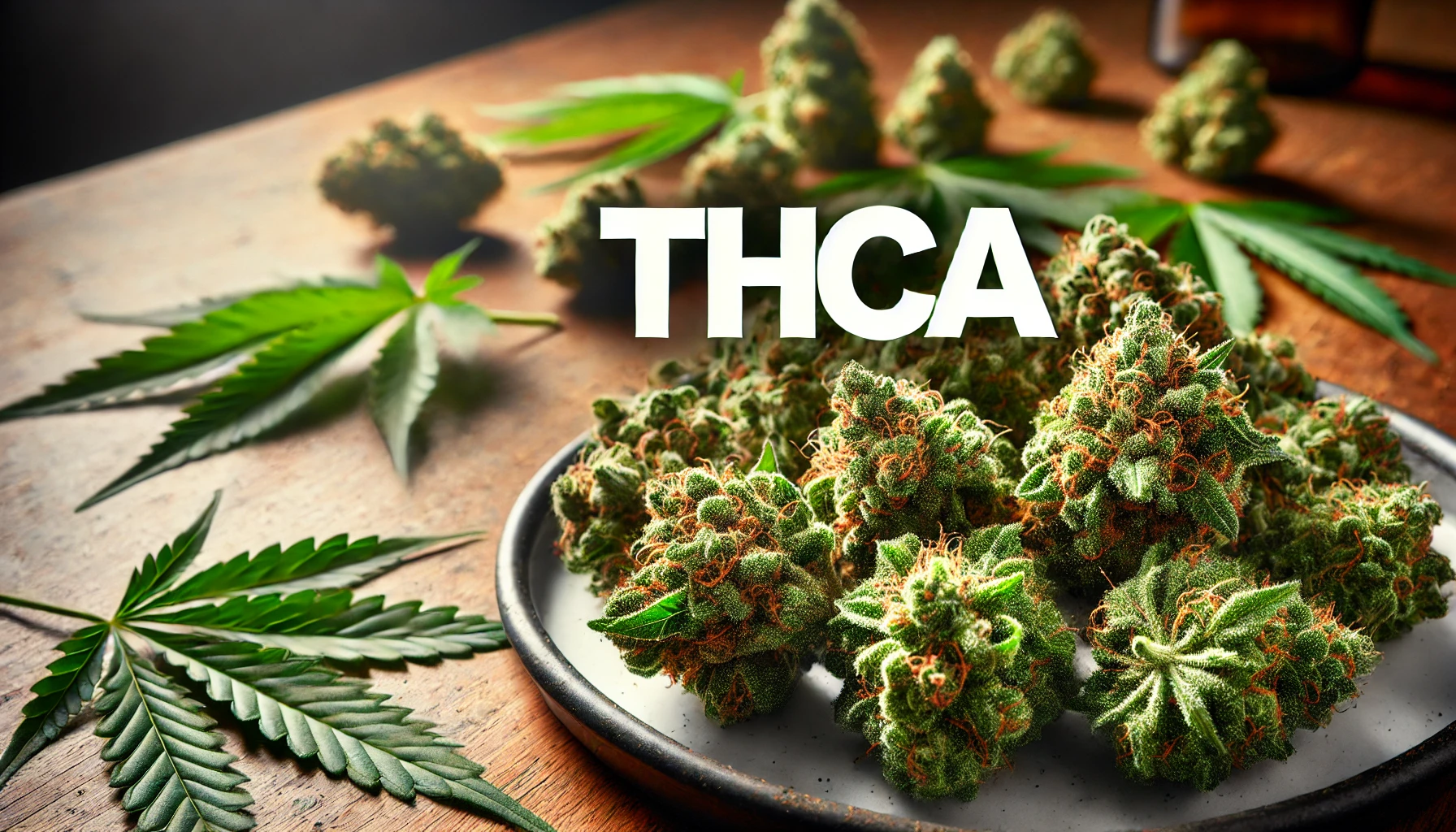
Understanding what a high level of THCA means can provide valuable insights into both the therapeutic and recreational uses of this cannabis product.
This guide will help you understand THCA flowers in detail, from their basic properties to their implications for users and growers.
What Is Decarboxylation?
Before understanding high THCA flowers, you must know about this concept. Decarboxylation is a chemical reaction that removes a carboxyl group from a molecule. In cannabis, this process converts THCA into THC. When cannabis is exposed to heat, the carboxyl group in THCA is removed, and THC is formed. This reaction is essential for activating the psychoactive effects of cannabis. Without this process, THCA remains in its acidic form and does not have the same effects as THC.
The Role Of THCA In Cannabis
THCA is present in the raw cannabis plant. It’s present in the trichomes, the tiny, sticky glands on the surface of cannabis flowers. These trichomes produce THCA as part of the plant’s natural defense mechanism. As the plant matures and its environment changes, THCA levels can fluctuate. Understanding these fluctuations can be crucial for both medical and recreational users.
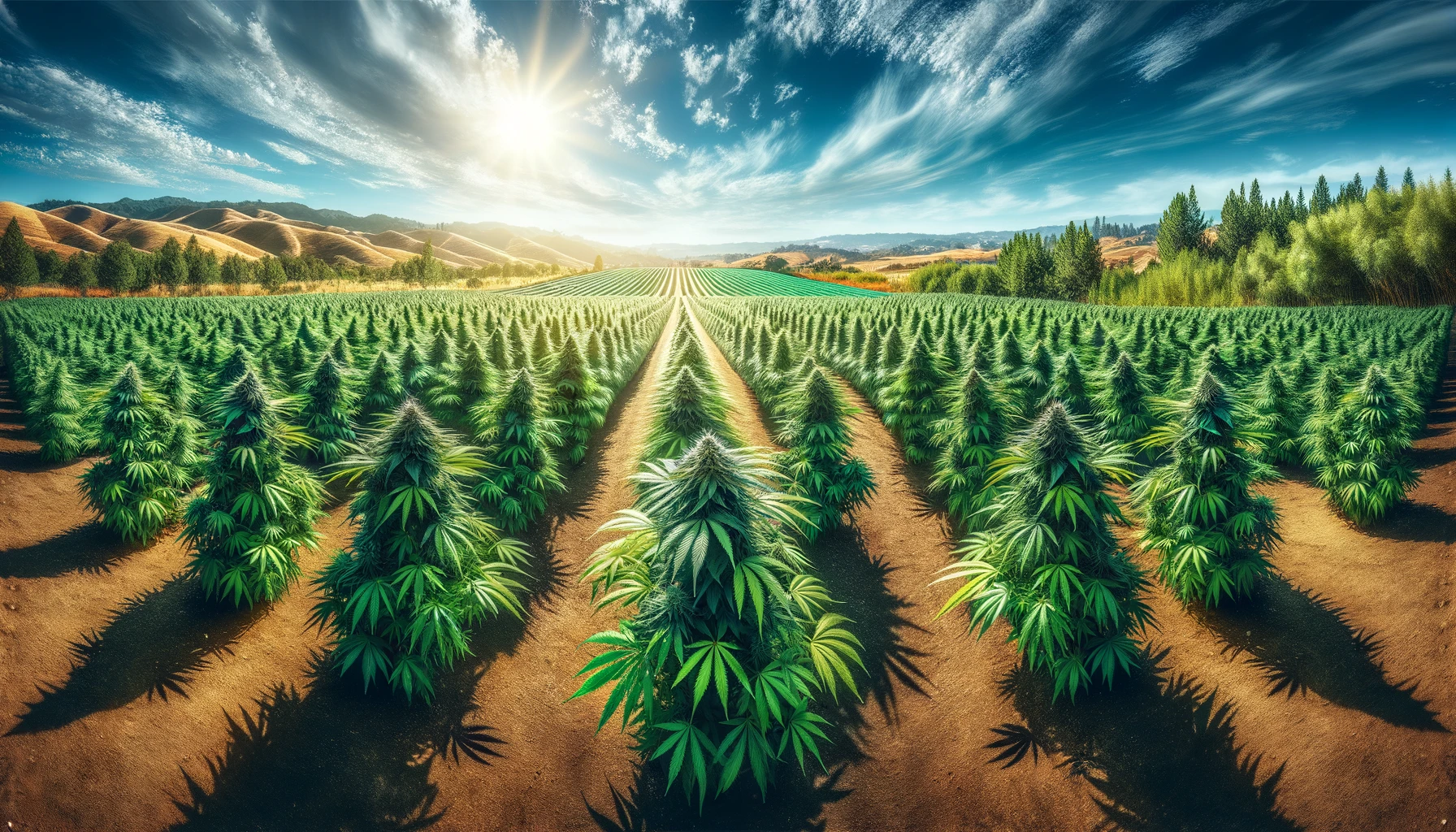
What Does A High Level Of THCA Indicate?
A high level of THCA in cannabis can be significant for several reasons. It indicates that the plant has a high potential to produce THC when it’s processed correctly. Here’s a breakdown of what a high THCA flower level can mean:
Potential for Higher THC Content
If cannabis has a high THCA level, it means that once it’s heated, there will be more THC available. This is because THCA converts to THC as the plant is exposed to heat. For recreational users, this can lead to a more potent high. For medical users, this means that the therapeutic effects of THC can be more pronounced.

Therapeutic Benefits of THCA
THCA itself may have therapeutic benefits separate from THC. Some studies suggest that THCA could have anti-inflammatory, neuroprotective, and anti-emetic (anti-nausea) properties. High levels of THCA might be beneficial for people looking to avoid the psychoactive effects of THC while still gaining potential therapeutic benefits. For instance, THCA may help with conditions such as arthritis or neurodegenerative diseases without causing the high associated with THC.
Impact on Cannabis Strain Selection
For cannabis growers and users, high THCA levels can influence strain selection. Strains with high THCA levels might be preferred for their potential to yield higher THC content when processed. Additionally, these strains could be chosen for their specific medicinal properties or for their potential to produce particular effects when converted to THC.
Measuring THCA Levels
Cannabis testing is essential for understanding the levels of various cannabinoids, including THCA. Here’s how it’s done:
Cannabinoid Testing
Cannabinoid testing is performed in specialized laboratories using techniques like High-Performance Liquid Chromatography (HPLC). This method allows for the precise measurement of THCA without converting it into THC. HPLC separates the cannabinoids in a sample, enabling labs to provide accurate THCA content. This is important for consumers who want to know the exact potency of their cannabis.
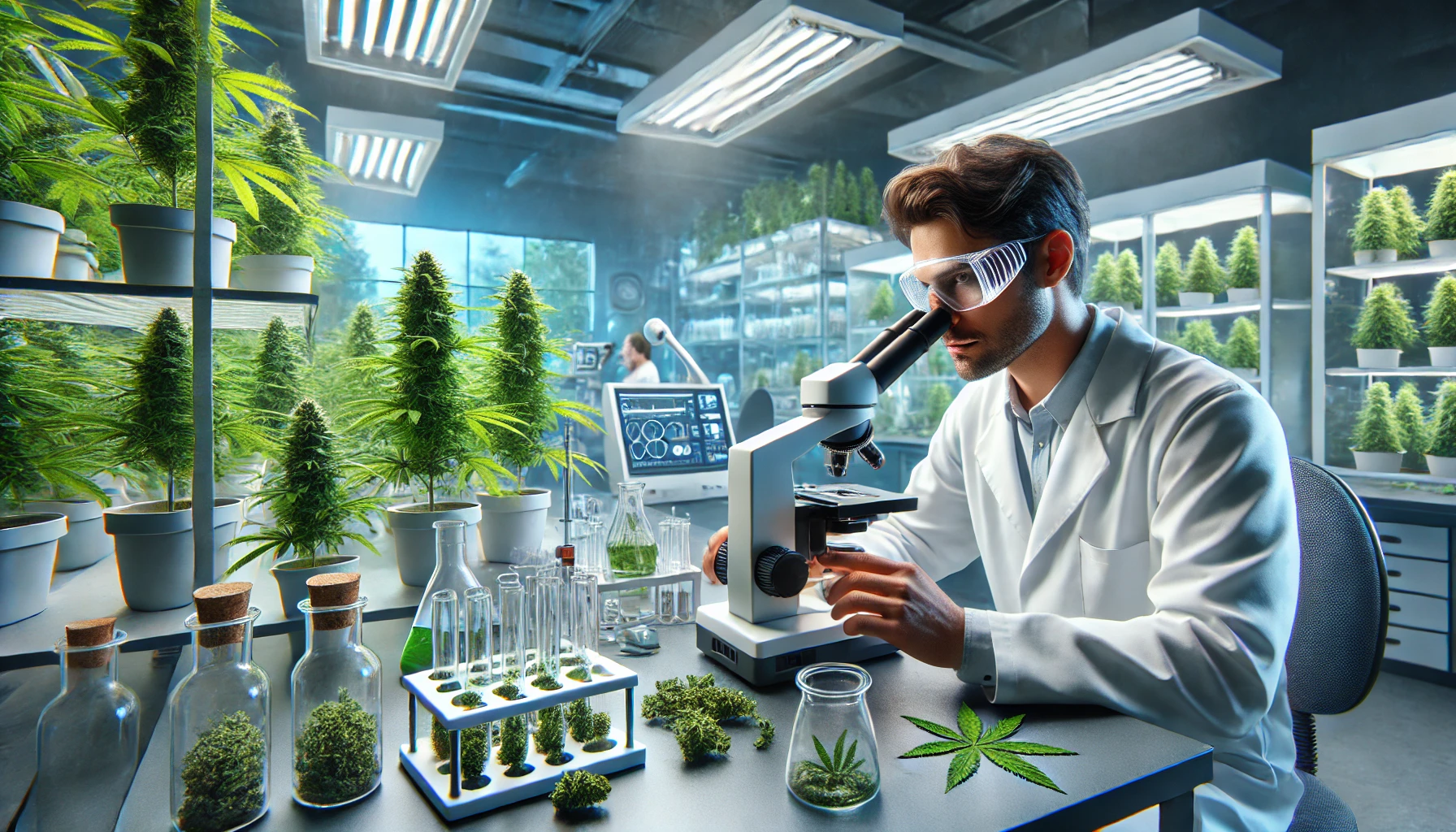
Reading Labels
In most cases, customers don’t need to conduct lab testing to know the exact THCA content in their products. THCA flowers or other products from reputed brands come with lab results that list cannabinoid content, including THCA levels. These labels can help users make informed decisions about their purchases. For instance, a product with high THCA might be labeled with its THCA percentage, helping users understand its potential effects after decarboxylation.
Implications of High THCA Levels
High THCA levels can have different implications depending on whether you’re a consumer or a grower. Here’s a closer look:
For Recreational Users
Recreational users might prefer cannabis with high THCA levels because it has the potential to produce a more intense high once converted to THC. This can be appealing to those who are looking for more potent effects or who have developed a tolerance to lower THC levels.

For Medical Users
For medical users, high THCA levels can be beneficial for specific therapeutic purposes. THCA might offer anti-inflammatory benefits, help with nausea, or provide neuroprotection. Medical users who want to avoid the psychoactive effects of THC may seek products with high THCA levels to manage their symptoms without experiencing a high. This is especially important for patients who need consistent and predictable effects from their cannabis.
For Growers
High THCA levels can be a desirable trait for growers. Growers might select strains with high THCA content to meet market demands or to create specific types of cannabis products. High THCA levels can also indicate a plant’s potential for high THC production, which can be essential for improving yield and potency.
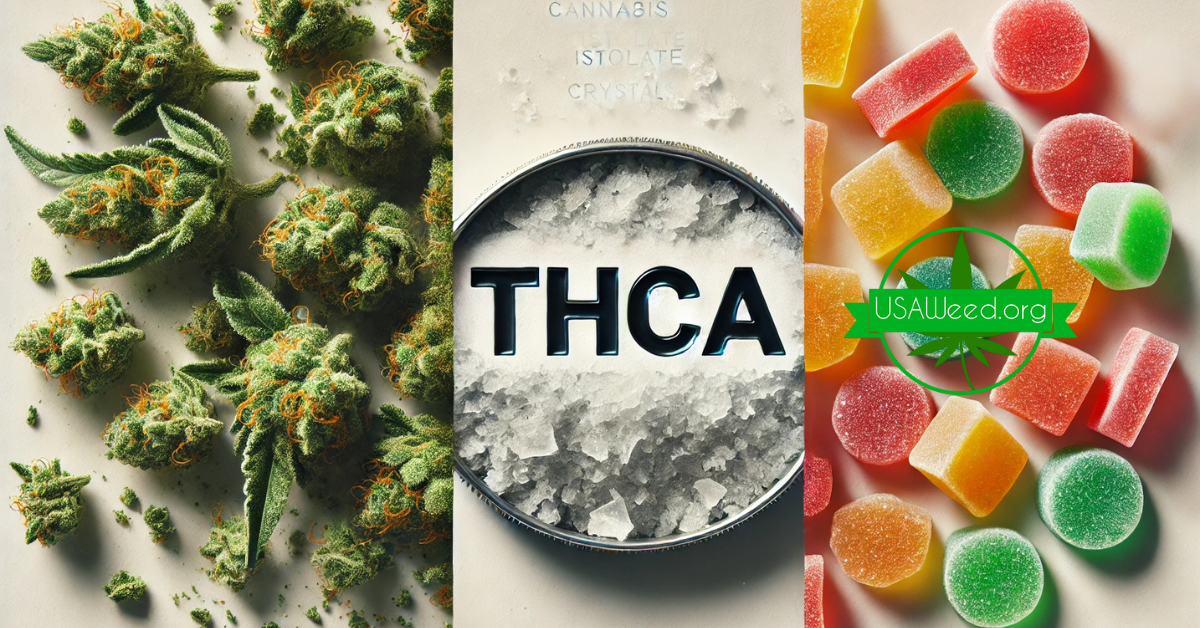
Using Cannabis with High THCA Levels
If you’re interested in using cannabis with high THCA levels, here are some tips:
Raw Consumption
Eating raw cannabis is one way to consume THCA without converting it to THC. Raw cannabis can be added to smoothies or salads. While this won’t provide the psychoactive effects of THC, it allows users to benefit from THCA’s potential therapeutic properties.
Decarboxylation for Edibles
If you want to make cannabis edibles or concentrates, you’ll need to decarboxylate the cannabis first. This process involves heating the cannabis to convert THCA into THC. Decarboxylation is essential for creating potent edibles and concentrates. This step can be done in an oven or other heating methods, ensuring that THCA is converted to THC for a more substantial effect.
Medical Products
Those seeking the benefits of THCA in a medical context should look for products that specify high THCA levels. These products might include tinctures, capsules, or topical applications designed to provide THCA’s potential benefits without the psychoactive effects of THC.
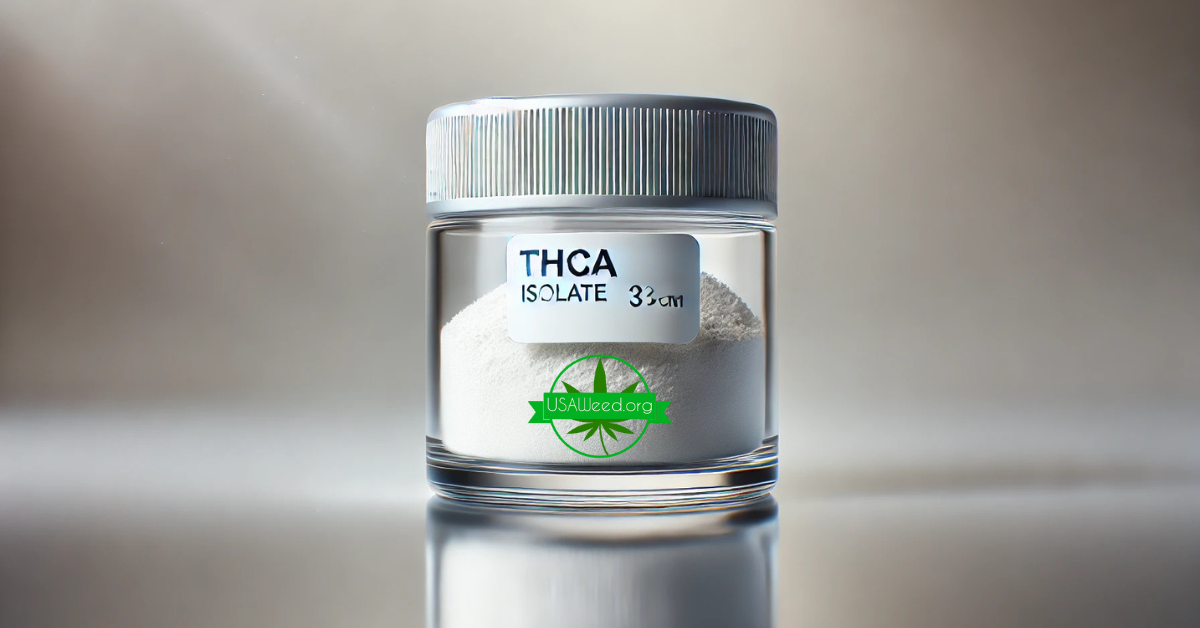
The Future Of THCA Research
Research on THCA is still evolving. As more studies are conducted, we’ll likely learn more about its potential benefits and applications. Current research suggests that THCA could be valuable for its anti-inflammatory and neuroprotective properties, but more evidence is needed to understand its therapeutic potential fully. The future of THCA research might reveal new uses and benefits that could impact both medical and recreational cannabis use.
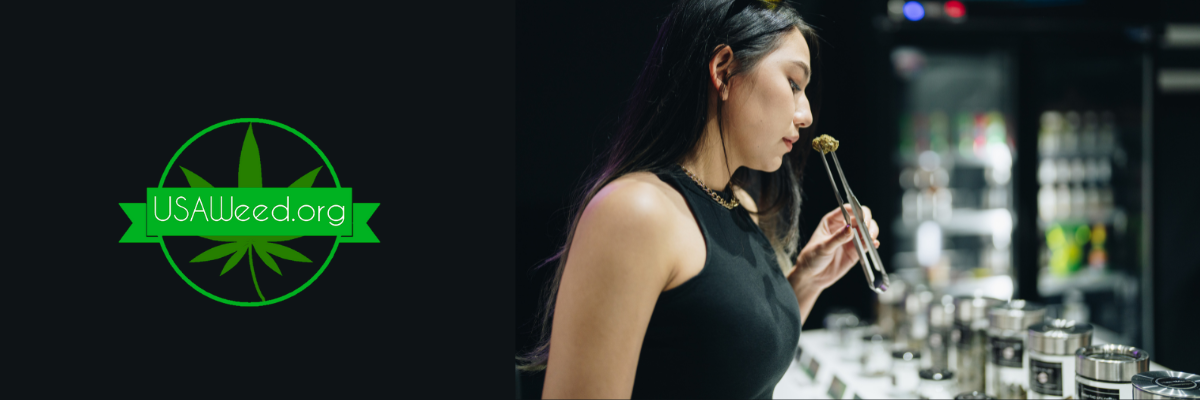
Final Take: Does THCA Get You High?
Understanding high levels of THCA in cannabis is crucial for both users and growers. While THCA itself doesn’t produce a high, its conversion into THC can lead to potent effects. For medical users, high THCA levels might offer therapeutic benefits without the psychoactive effects of THC.
For recreational users, high THCA levels can mean a more potent high once converted. Growers might target high THCA strains to maximize THC production or meet specific market demands.
You can make more informed decisions about cannabis use and cultivation by learning what high THCA levels mean and how to use them effectively. Whether you’re a consumer looking for specific effects or a grower aiming for high potency, understanding THCA is critical to getting the most out of your cannabis experience.
